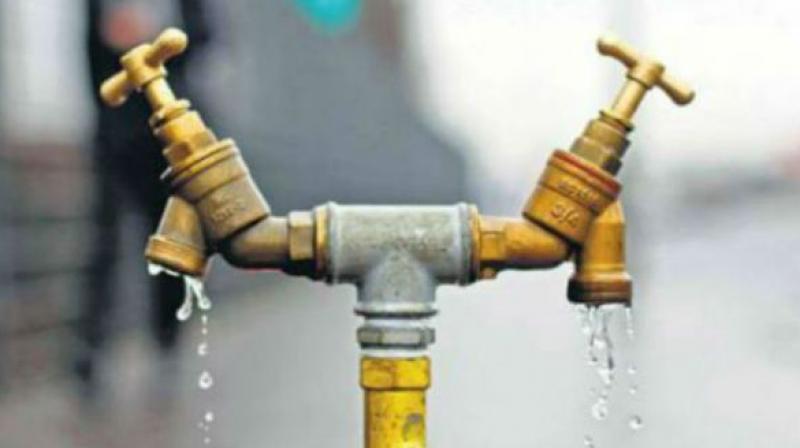Micro plastic fibres found in tap water

Hyderabad: Tap water samples collected from across the world have been found to be contaminated with micro plastic fibres ranging from 0.1 to 5 mm in size, suggested a study carried out by the University of Minnesota and New York University,
Samples from New Delhi were included in the study and about 82 per cent of them were found to be contaminated.
According to the study, on an average, four plastic fibres between 0.1 and 5 mm in size are found in one litre of water. Experts say while this fact doesn’t come as a surprise, this is the first study to have demonstrated the presence of microplastics in tap water.
Scientists explain that filtration procedures can help remove these plastic particles from water. “Micro plastics can efficiently be removed from water using ultrafilters. These filters not only stop viruses and pathogens but also plastic particles,” said Dr S Sridhar from the chemical engineering division of the city-based Indian Institute of Chemical Technology.
He adds that boiling water or passing it through simple filters of sand and gravel will not remove the dirt, particulate matter and plastic fibres from it, which is why it is necessary to use porous membranes to rid it of any solids. Most households use reverse osmosis (RO) purifiers, and experts say that RO systems can even prevent the passage of nanoparticles.
“RO systems have tighter membranes which do not allow any particles to pass through,” said environmental engineer Bhadra Girish,
RO purification may also rid the water of essential minerals, which is not desirable. “Unless water is being re-mineralised, it is not wise to strip it of all particles,” said Dr Sridhar.
While we may try to implement measures to minimise our intake of plastic, there seems to be no immediate solution to the presence of plastic in our water bodies.
Bodies such as the Pollution Control Board do not check water samples for the presence of plastics; they only check oxygen and metal levels.
“Research potential in this area is ambiguous at present, even for the Pollution Control Board. We have equipment like the GCMS which can detect organic matter as a whole, but it cannot specifically detect plastics. So analysis may produce a cross projection where all organic compounds are registered as plastics,” said Mr Girish.

